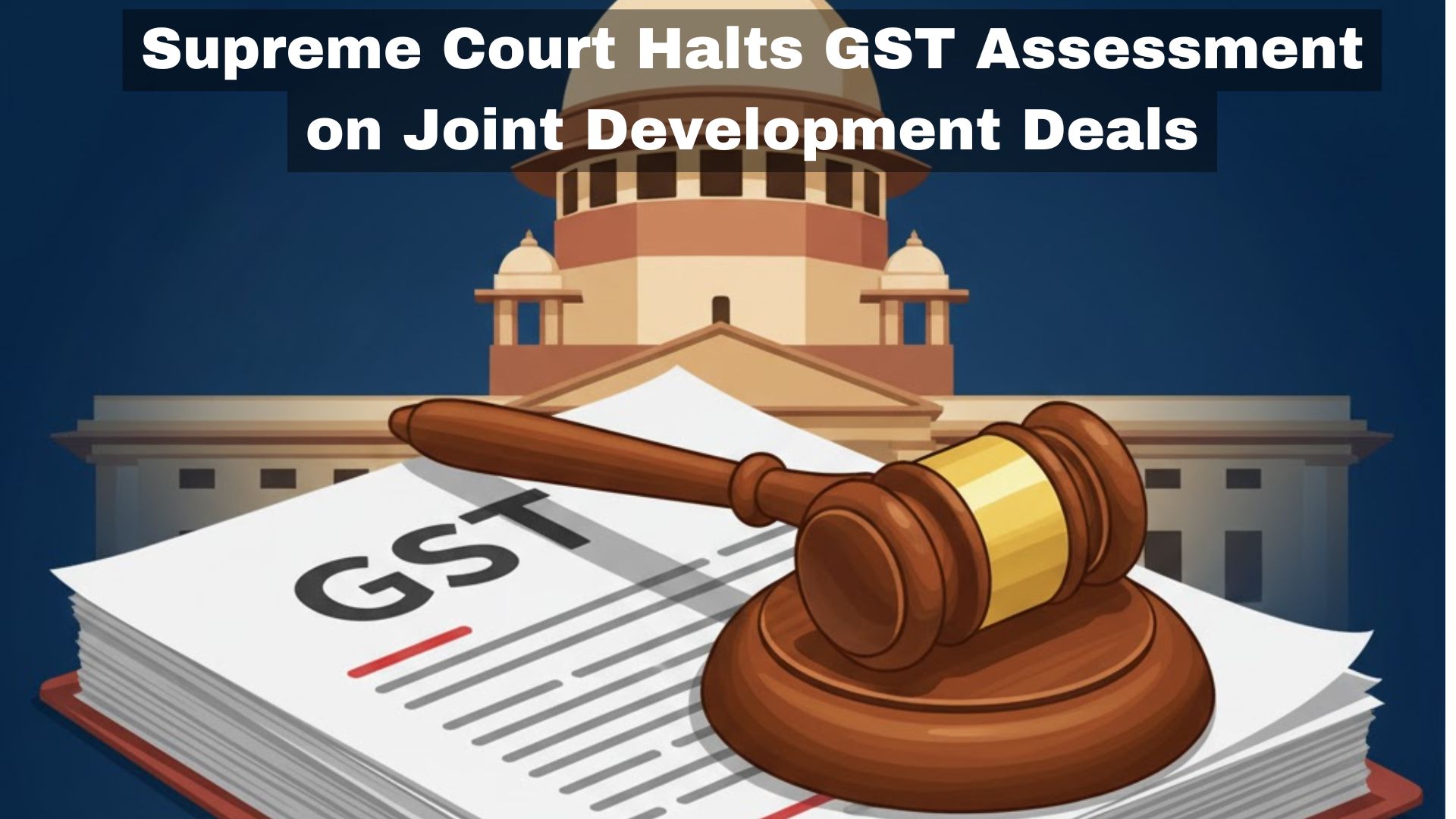S.N. Pathak, J.@mdashThis appeal is directed against the order of conviction and sentence passed by the Additional Sessions Judge-cum-Special
Judge under E.C. Act, Arrah, in case No. 8 of 1987, whereby the accused was convicted u/s 7 of the E.C. Act and was sentenced to undergo
R.I. for three months.
2. The case of the prosecution is that on 26.7.87 the Supply Inspector Ram Chandra Singh visited the shop of the accused convict and found the
shop open and there was no notice board containing price of articles and the stock position of the same. The accused also failed to produce the
relevant documents and registers for inspection by the Supply Inspector. Subsequently, the Supply Inspector on the order of the S.D.O. filed
written report, on the basis of which the police investigated the case and submitted chargesheet against the accused and, thereafter, the Appellant
was convicted and sentenced, as above.
3. Two witnesses were examined in the lower court. P.W. 1 was a formal witness who had proved the written report (Ext. 1) and the formal
F.I.R. (Ext. 2). P.W. 2 was the Supply Inspector himself who spoke about the visit of the shop of the accused and he also supported the allegation
of non-display of stock and price and the refusal to produce the relevant registers and documents before the Supply Inspector on demand.
However, the Supply Inspector in his cross-examination admitted at paragraph 11 that he had not received any complaint against the accused prior
to the date of inspection. There were other shops also in the vicinity of the shop of the accused, but he failed to visit the other shops. The aforesaid
admission of the Supply Inspector becomes mysterious and it is not understandable that if he was on inspection duty, it was not explained as to
why he inspected the shop of the accused only and not other shops. He admitted that he had received no complaint prior to the date of occurrence
and so this also throws doubtful circumstance to the case as to why he went to the shop of the accused only on the date of occurrence. So, the
circumstances of this case indicate something fishy, specially in view of the fact that the Supply Inspector was not supported by any other
independent witness. Two D.Ws. were examined by the accused who failed to support the allegation that the accused was not regular in supply of
essential commodities to the consumers and that he had indulged in black-marketing. The lower court has disbelieved the evidence of D.Ws. on
the ground that certificates granted by them to the accused regarding his innocence were of the date subsequent to the date of visit. When the
informant was not supported by any other independent witnesses regarding non-supply of essential commodities to the consumers I do not think
that the evidence of D.Ws. can be disbelieved simply because their certificates were of the date subsequent to the pate of visit. The very fact that
the Supply Inspector visited the shop of the accused without any prior complaint and he failed to visit the other shops and so in such a
circumstance it was doubtful whether the Supply Inspector was candid in his report and in his allegations against the accused convict.
4. On the basis of the aforesaid discussions, I am of the opinion that there is no sufficient evidence in the lower court in order to base the conviction
of the accused convict.
5. In the result, this appeal is allowed and the order of conviction and sentence is set aside.

